How to Use Feng Shui for a Stress-Free Home
Feng shui can be used to create a more harmonious and stress-free home. Learn the basics of this ancient practice and how to apply it in your own space.

Your home should be your oasis where you unwind and recharge. If you're looking for ways to eliminate stress and bring positivity into your home, you might consider incorporating feng shui principles into your design. This ancient Chinese practice can help you create a more harmonious and stress-free environment.
In this blog post, we discuss the basics of feng shui and how you can use it to your advantage. We'll also provide some tips for creating a feng shui-friendly home that you can use to eliminate stress and create a happier home.
What is feng shui?
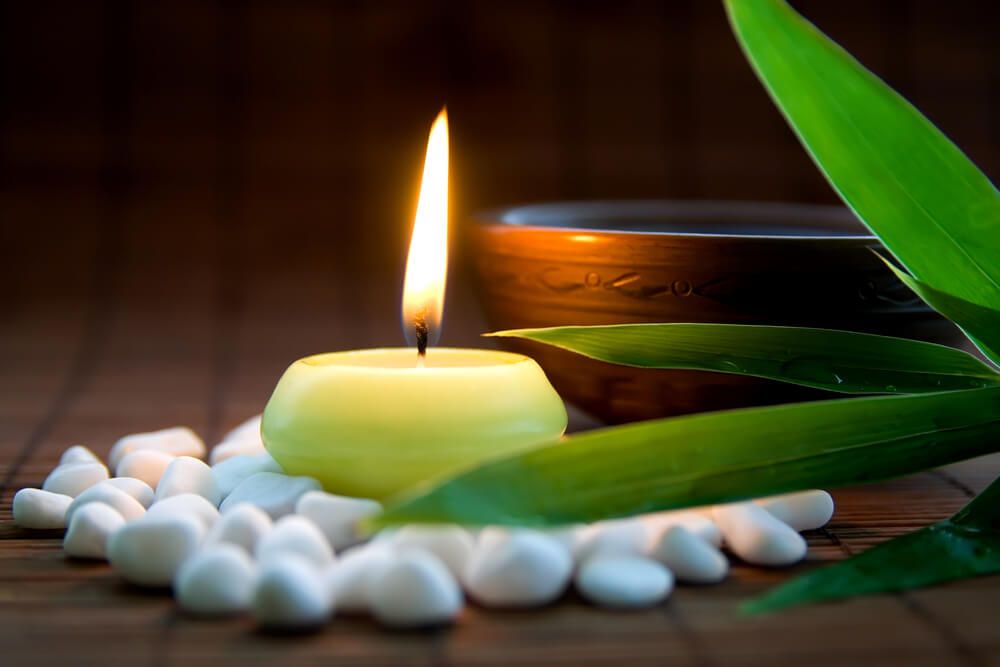
Feng shui is an ancient Chinese practice that seeks to create harmony between people and their environment and has been used for centuries. The word feng shui means "wind and water," and the goal of feng shui is to harness the power of these natural forces to bring positive energy into the home.
While feng shui is primarily associated with the placement of objects, it can also be used to select colors, paintings and other decorations to create a positive atmosphere. This holistic approach to design can, in turn, can lead to better health, wealth and relationships.
While feng shui is not a religion or a science, it has gained popularity in recent years as more and more people seek ways to create balance in their lives.
How does feng shui work?
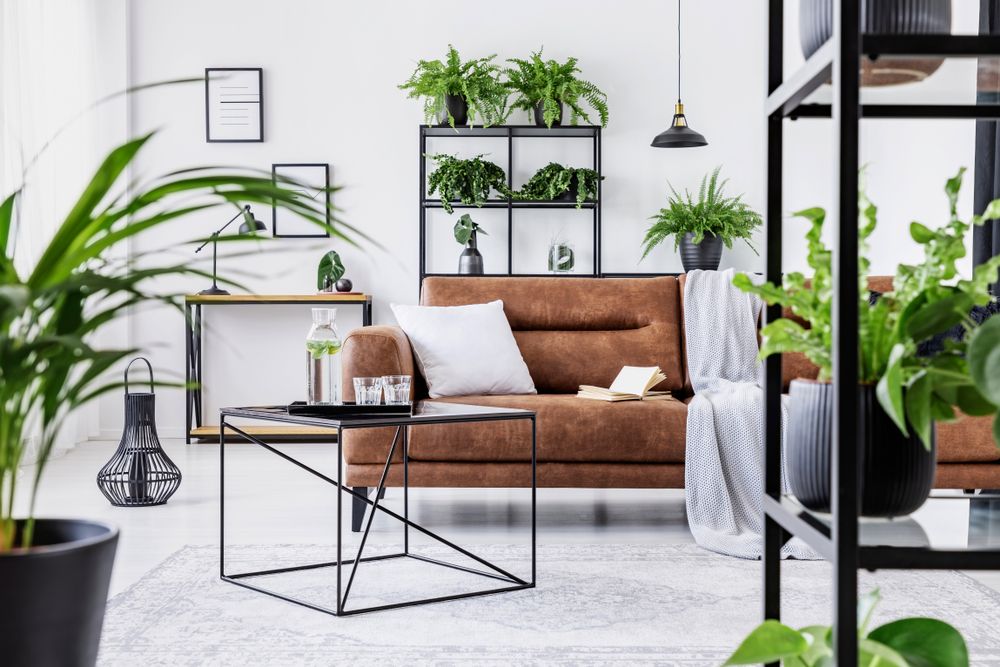
Feng shui focuses on arranging living spaces to create balance and harmony with nature. You want to create a healthy energy flow (chi) and slow down the energy flowing through your home, like arranging your furniture to prevent positive energy from leaving your home.
Huge sofas, bulky furniture, heavy furniture and messy piles are some of the obstacles blocking the energy from flowing freely through your home. Never leave a direct line of sight between the front and the back doors. That's considered negative energy as it lets the positive energy flow right out of your house.
Tips for applying feng shui in your home
Now that you know how feng shui works let's look at how to apply this to your home. The most practical way is to start with what you already have in your home and simply tweak a few things. You can begin by incorporating feng shui into your home by focusing on one room or jump right into doing the whole house.
Apply the Bagua map to your design
The best way to introduce feng shui into your home is to use the Bagua map to guide you. The Bagua map is divided into different sections, each representing a different aspect of your life. To use the map, you simply place it over your floor plan and see which areas correspond to which areas of your life. You can also use the Bagua map to choose colors, furniture and decor to support the energy flow in each area of your home.
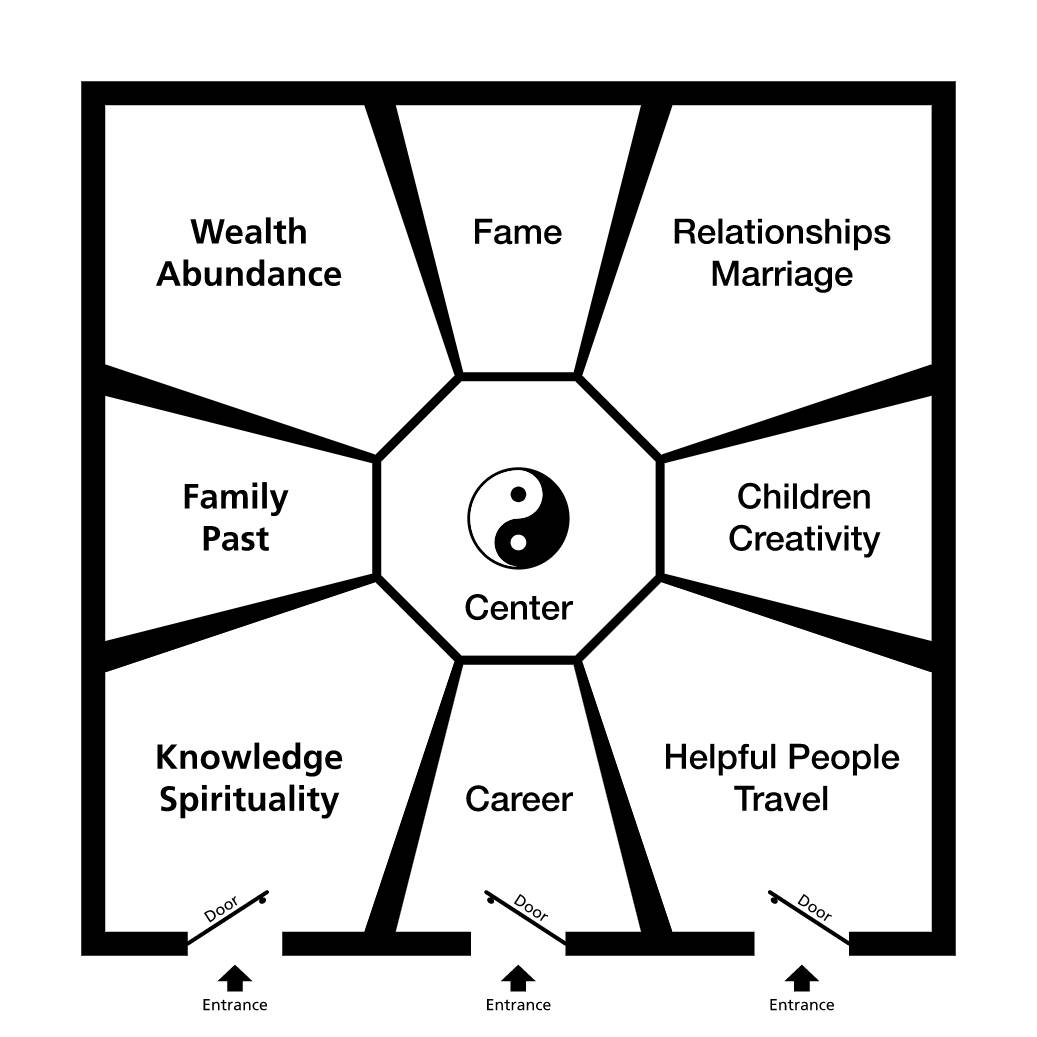
For example, if you want to create a more powerful work area, you might use the color red or feng shui prosperity symbols. On the other hand, if you want to nurture your relationships, you might use pink or green as both colors are associated with love and fertility. By taking the time to understand the Bagua map, you can create a truly harmonious and beautiful home that supports all areas of your life.
Sort and declutter
Once you have determined the areas of your home that need improvement, take some time to declutter and eliminate any items no longer serving a purpose. Not sure where to start? Make sure to check out our guide to decluttering for inspiration.
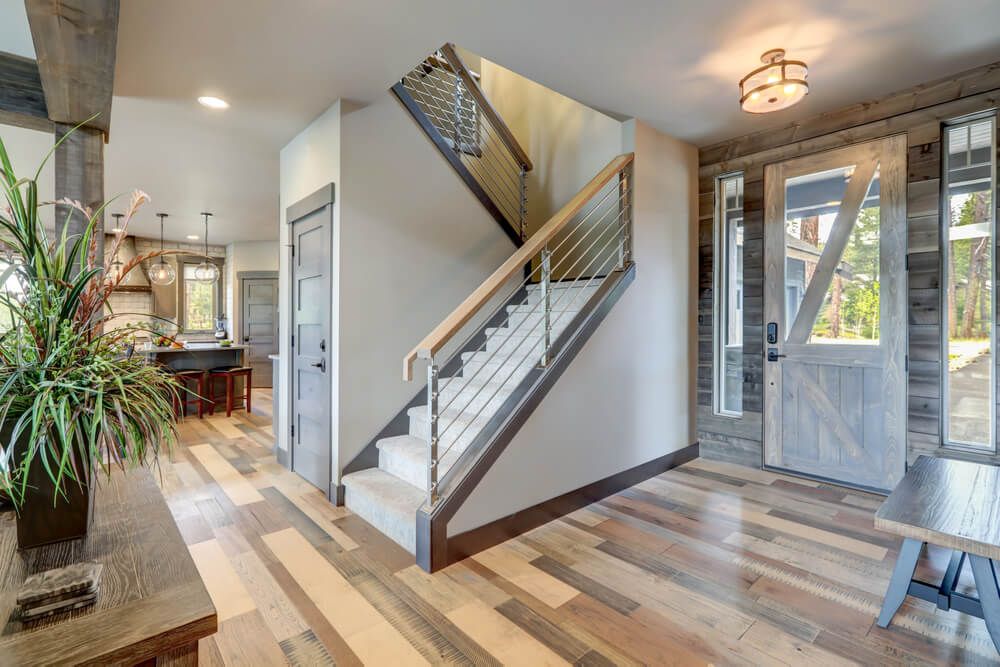
When decluttering your home, pay special attention to your entrance. Doorways and passages should be clear and unobstructed to allow a good energy flow. Don't leave shoes, toys and bags cluttering in your hallway or blocking doors from opening.
Don't overlook things that need to be fixed either. Inspect your furniture, windows, floors and doors for anything that has to be repaired or patched up. Tighten door handles, knobs and door hinges to avoid squeaking or scratching. Fix leaky faucets and replace burnt-out lightbulbs. You want everything to be working so you don't have to worry about it.
Furniture placement
In feng shui, furniture arrangement is extremely important. We've already talked about arranging your furniture so it doesn't block the flow of energy, but where you put it also matters.
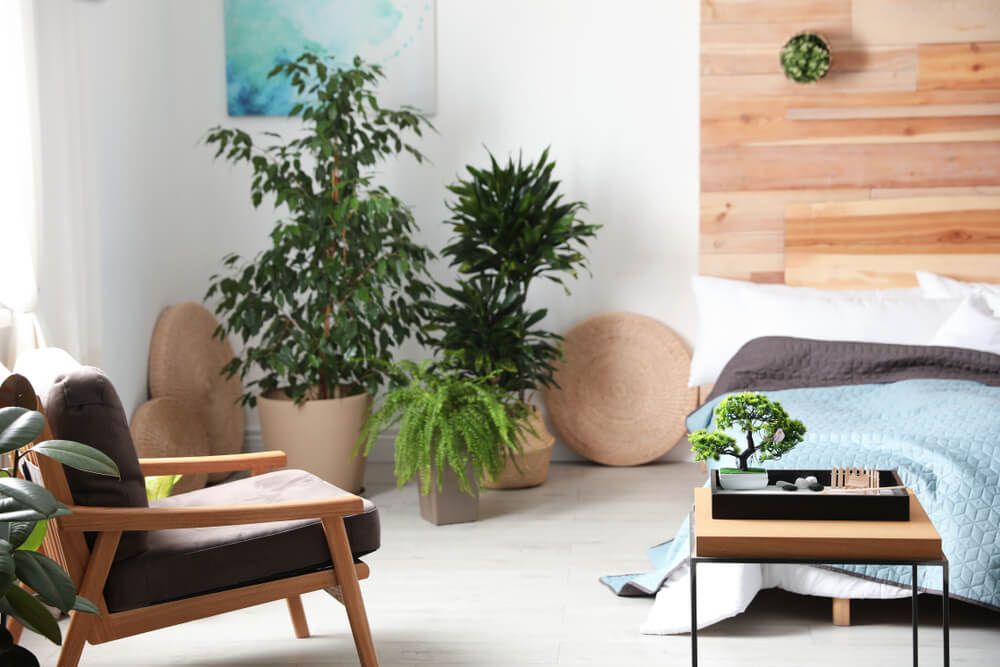
To create a more positive and relaxing atmosphere in the bedroom, beds should be positioned away from the door and against a solid wall with no doors on either side. You also shouldn't place your bed under a window as that's considered harmful to your sleep. No electronics in the bedroom either, as they can disturb your sleeping patterns.
When it comes to furniture in other parts of the house, place your furniture away from the walls. Avoid placing couches under windows, large beams or heavy frames. Leaving even a few inches between your sofa and the wall can help with the energy flow. If you have enough space, consider moving your couches to the middle of the room and anchoring them with other furniture.
Accessories and decor
In feng shui, clutter is a major no-no, so don't over-accessorize and only keep meaningful items on display. The five essential elements of feng shui are wood, metal, earth, water and fire. You can easily incorporate these elements into your home.
- Wood: This element symbolizes growth and vitality. Use wooden furniture, plants and the color green in your decor.
- Metal: This element symbolizes logic and intelligence. You can incorporate this element using metal accents like furniture legs, frames or sculptures. Use grays, pastels and whites in your color scheme.

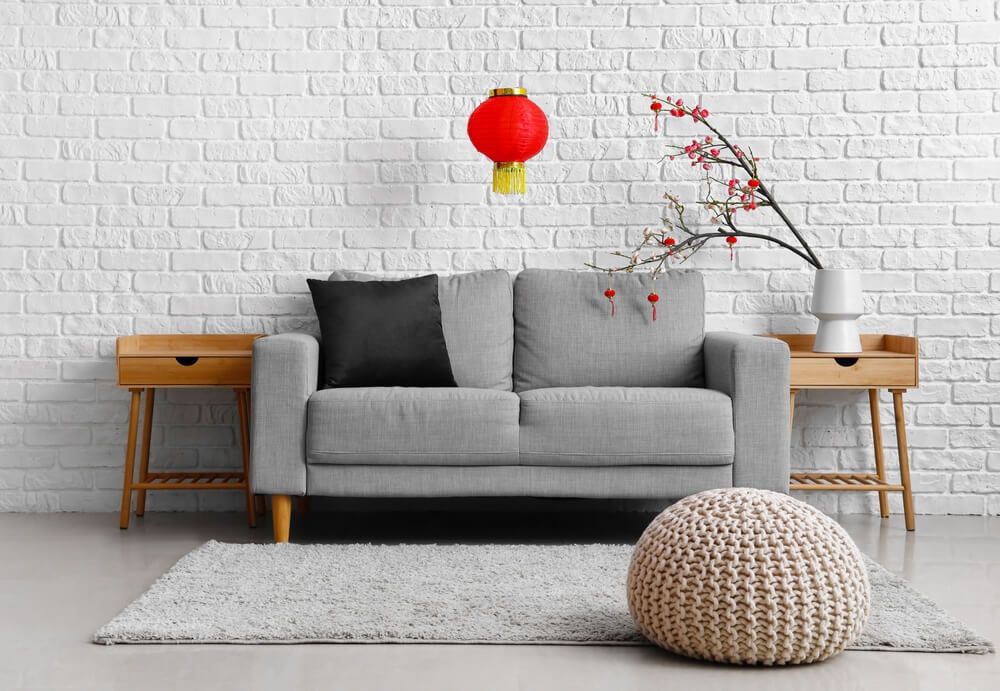
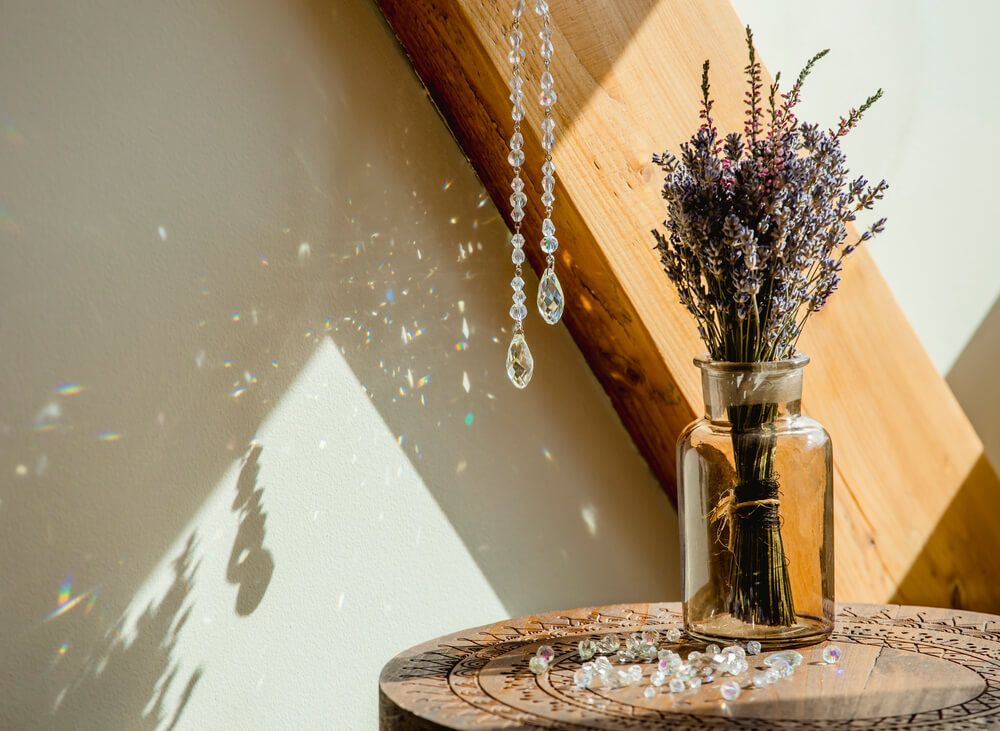
- Earth: This element symbolizes stability and balance. Orange, yellow and other earth tones work best here. Consider using accents with rocks, crystals or landscape imagery.
- Water: This element symbolizes wisdom and serenity. Mirrors, fountains, aquariums and reflective surfaces are a great way to add this element to your home. Use black and blue in your decor.
- Fire: This element symbolizes passion and energy. Red accents and candles are great options to incorporate this element into your space.
Conclusion
Feng shui is an ancient practice that can help you create a more harmonious and stress-free home. By following these simple feng shui tips, you might be surprised at how much it can improve energy flow in your home and promote well-being. So if you're looking for a way to eliminate stress and create a happier home life, feng shui may be worth a try.
